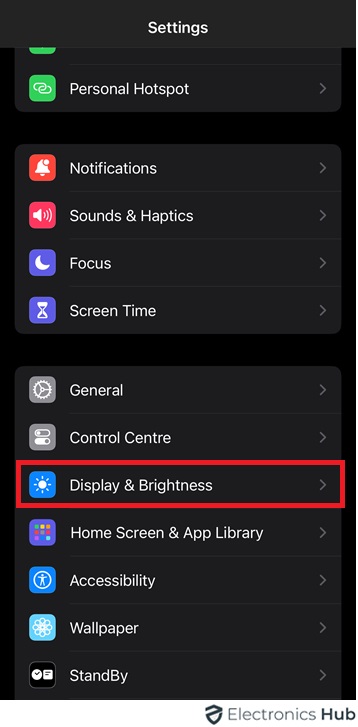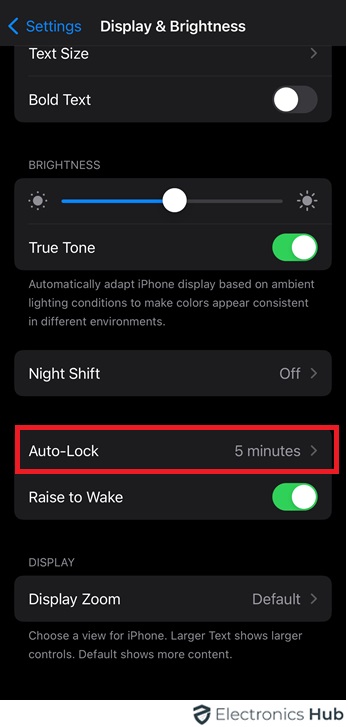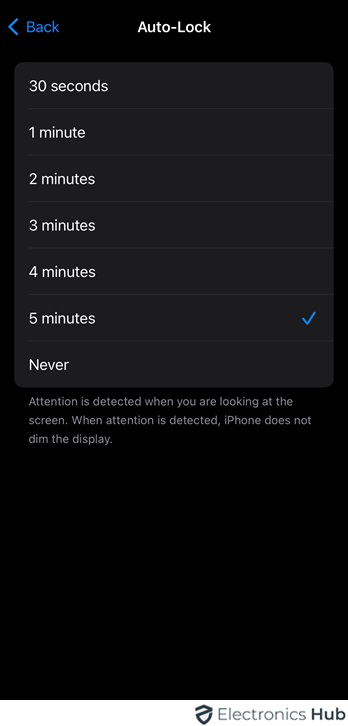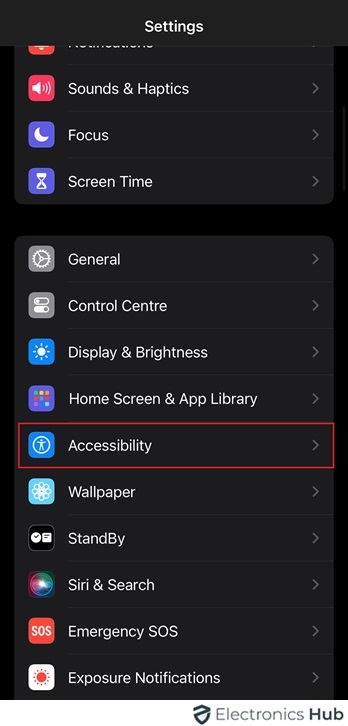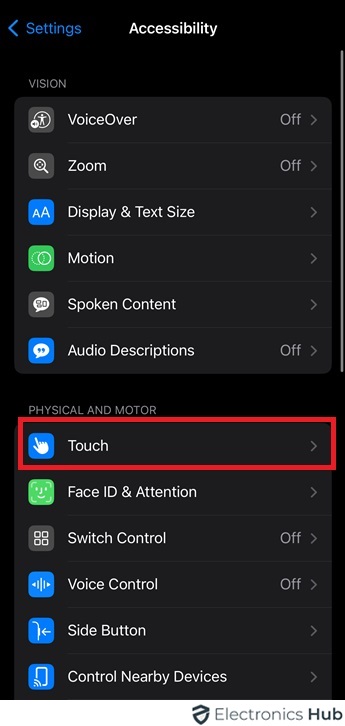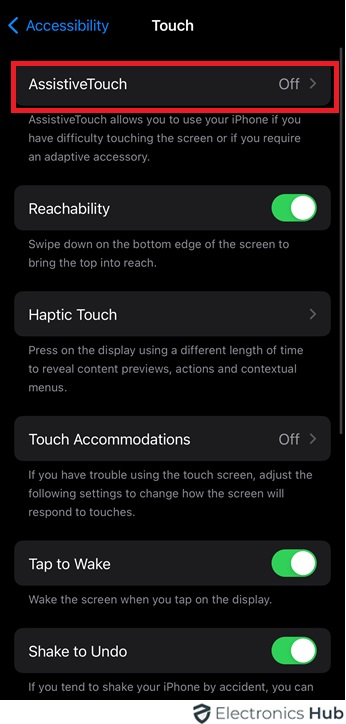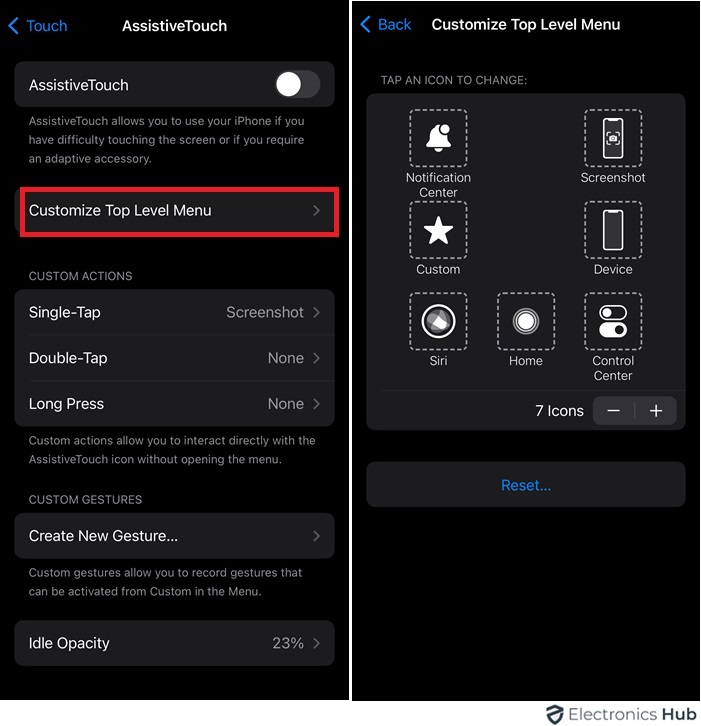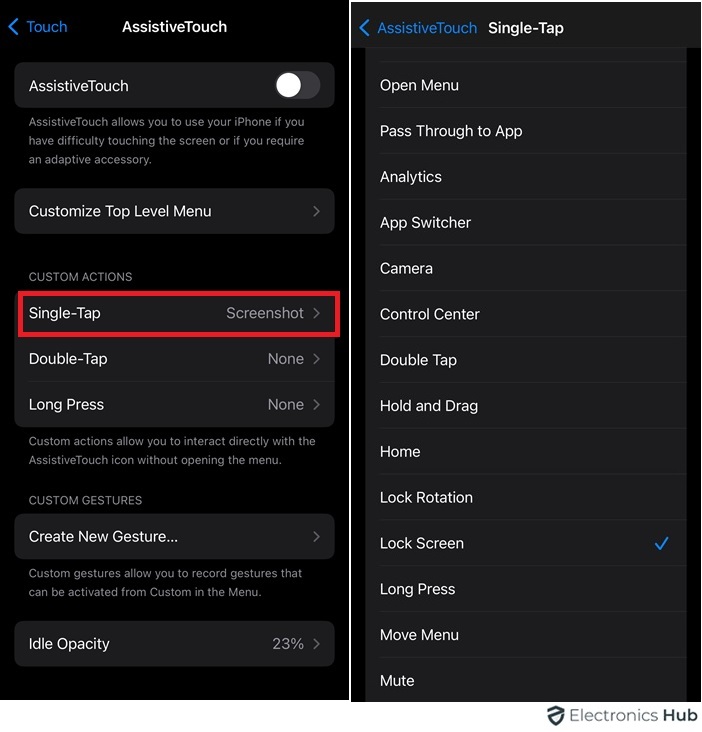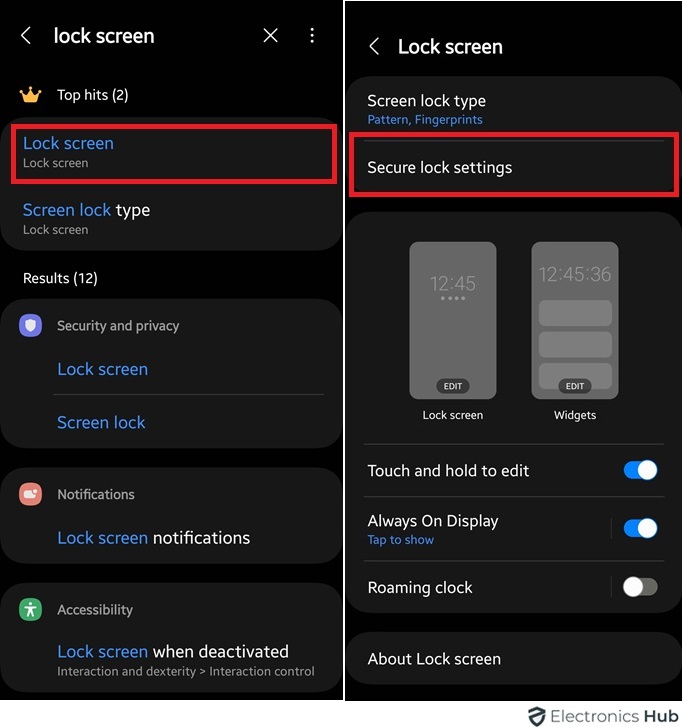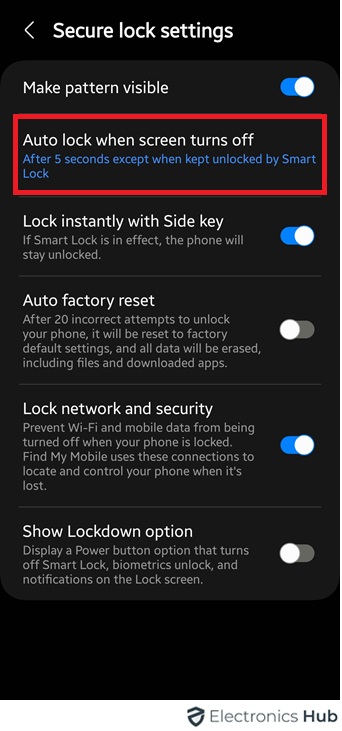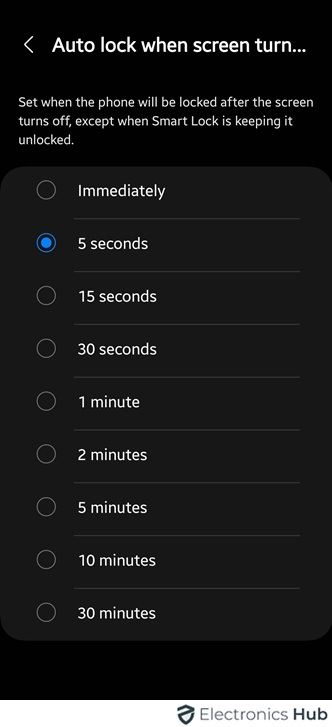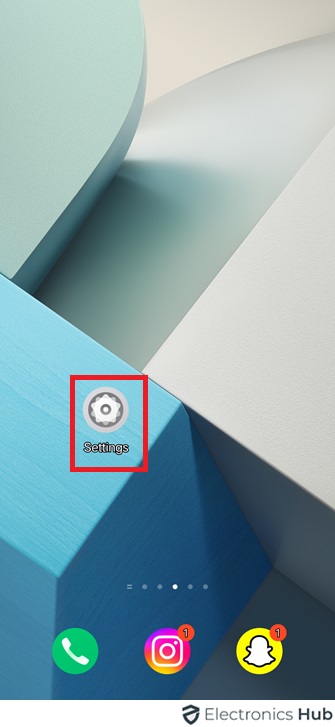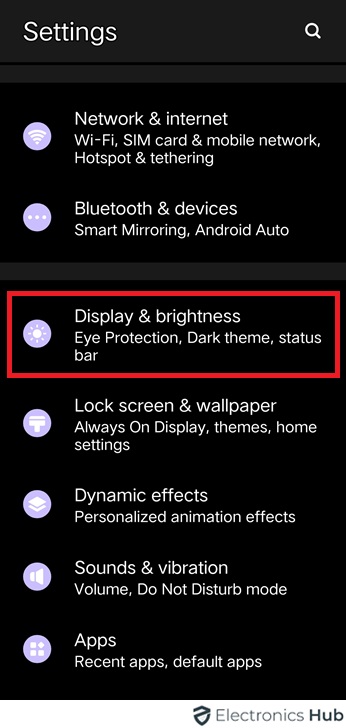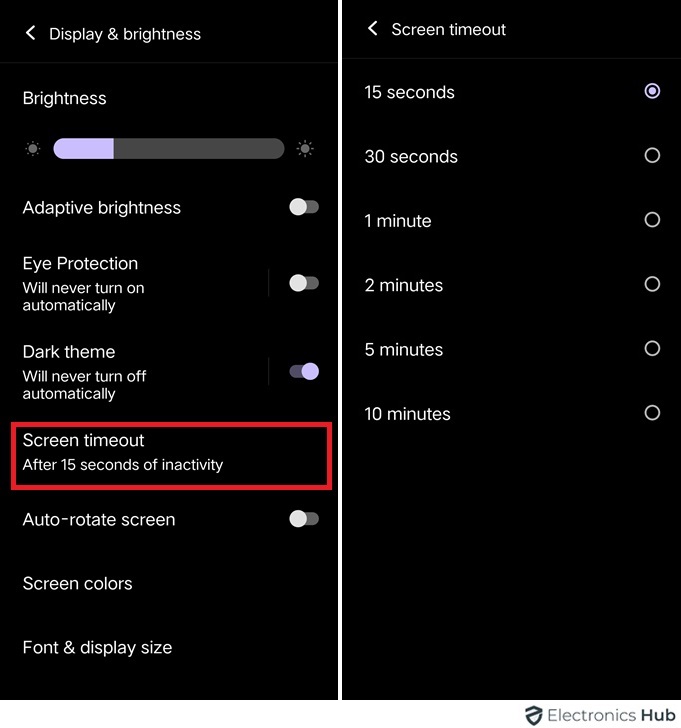Our smartphones are essential in our daily lives, blending seamlessly into everything we do. One key aspect is security, with screen locks keeping our info safe. But sometimes, default lock times don’t fit our needs.
In this blog, we’ll go through simple steps to increase your phone’s screen lock time. Whether you’re busy multitasking, reading long articles, or just need more time before your screen goes dim, adjusting this setting can make a big difference. Apart from this, we’ll also cover methods for both iOS and Android, with easy-to-follow instructions suitable for everyone, regardless of their tech skills. Keep reading.
Outline
ToggleHow To Increase Screen Lock Time?
1. iPhone
a. Adjusting Auto-Lock Settings
- Navigate to Settings: Open the “Settings App” on your iPhone.
- Tap on Display & Brightness: Scroll down and select “Display & Brightness.”
- Access Auto-Lock: Tap on “Auto-Lock,” which is usually located near the top of the screen.
- Select Desired Time: You’ll see various time intervals ranging from “30 seconds to Never”. Choose the time duration you prefer for the screen lock.
Adjusting the Auto-Lock settings allows you to extend the period before your iPhone automatically locks itself when not in use. This is particularly useful if you find yourself frequently interrupted while using your device or if you prefer a longer grace period before it locks.
b. Using Accessibility Features
- Open Settings: Go to the “Settings App” on your iPhone.
- Navigate to Accessibility: Scroll down and tap on “Accessibility.”
- Select Touch: Under the “Physical and Motor” section, tap on “Touch.”
- Find and Toggle on AssistiveTouch: Look for “AssistiveTouch” and “Toggle it on”.
- Customize AssistiveTouch Menu: Tap on “Customize Top Level Menu” to add or remove functions.
2. Android
a. Samsung
To adjust the screen lock time on your Samsung device, follow these steps:
- Open Settings: Find the Settings app on your device, usually in the app drawer or by tapping the gear-shaped icon after swiping down from the top of the screen.
- Find Security Settings: Look for the “Lock screen” in the Settings menu.
- Select Screen Lock Type: Tap on the option related to screen lock settings and enter your current screen lock method if needed.
- Adjust Auto-Lock Settings: Navigate to “Auto-lock” in the screen lock settings.
- Set Desired Time: Choose your preferred time interval for the screen lock delay from the options provided.
b. Other Mobiles
- Open Settings: Access the “Settings” app.
- Navigate to Display: Look for the “Display” or “Display & Brightness” option.
- Adjust Screen Timeout: Tap on “Sleep” or “Screen timeout” to choose the desired duration before the screen locks automatically.
Tips For Managing Screen Lock Time
Here are some tips to help you manage screen lock time effectively:
- Balance Battery Life: Choose a screen lock time that balances battery life with convenience. Longer lock times may drain your battery faster.
- Security Considerations: Consider your security needs when setting screen lock time. Shorter lock times enhance security but may be less convenient.
- Accessibility Settings: Explore accessibility features on your device if you need more time to interact with it before it locks automatically.
- Regularly Check Settings: Periodically review and adjust your screen lock time settings based on your usage patterns and preferences.
Screen Lock Time – FAQs
Ans: Generally, screen lock settings apply to the entire device rather than specific apps. However, some third-party apps may offer features to customize screen lock behavior within their interfaces.
Ans: No, adjusting the screen lock time typically doesn’t impact your device’s performance. It’s a simple setting that governs when your screen dims or locks after inactivity.
Ans: Some devices may offer scheduling features that allow you to set different screen lock times for specific hours of the day. Check your device’s settings for this option.
Ans: Extending screen lock time may marginally affect screen longevity due to prolonged use. However, modern displays are designed to withstand regular usage patterns effectively.
Ans: No, increasing screen lock time shouldn’t affect screen responsiveness. Your device will remain responsive to touch input regardless of the screen lock setting
Conclusion
Customizing the screen lock time on your iPhone or Android device is simple and can enhance your device experience. Follow the above-mentioned steps to adjust the screen lock time to suit your needs.


